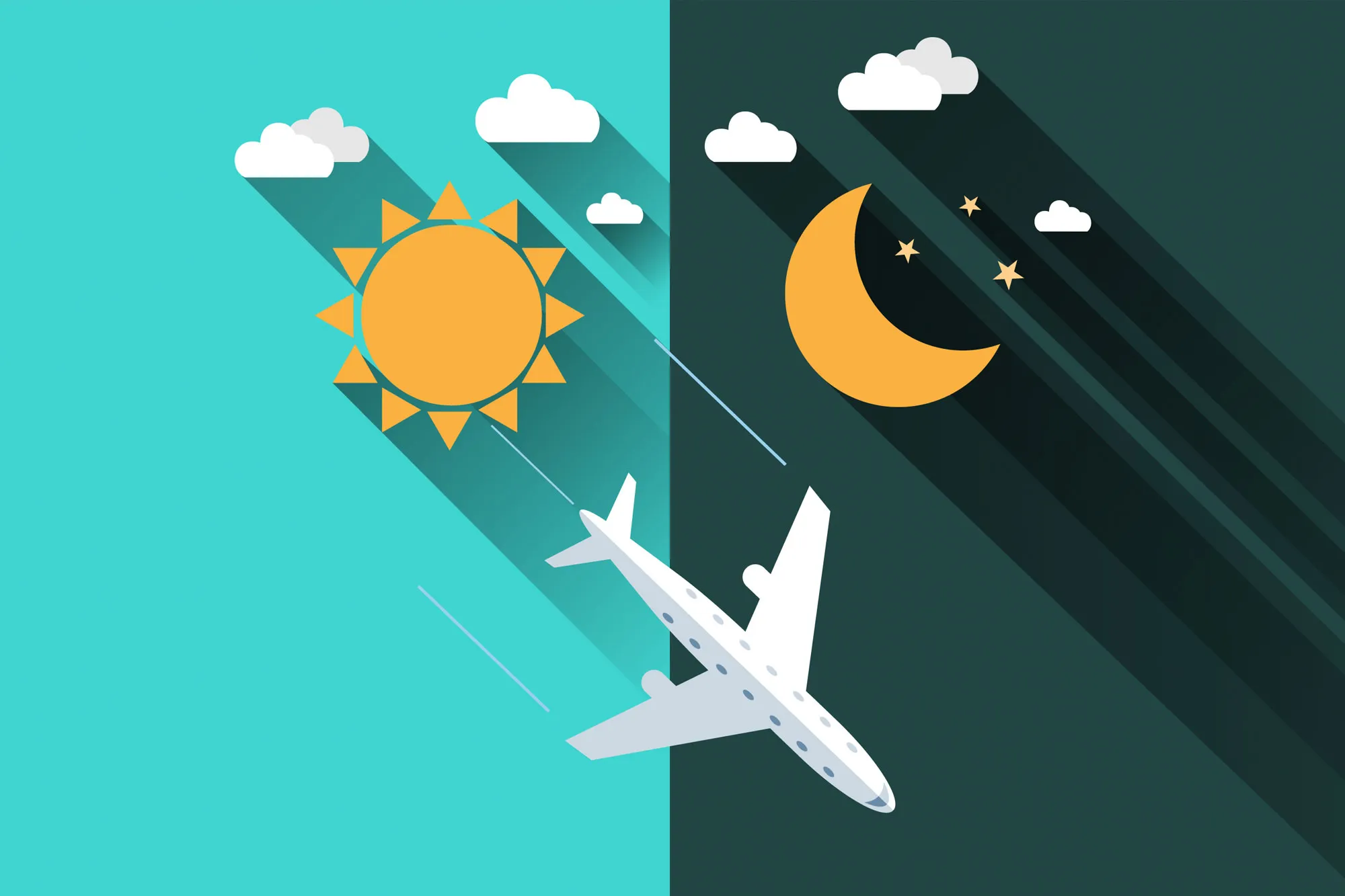Jet lag can derail even the most well-planned trips, leaving travelers groggy, unfocused, and sleepless as their internal clocks clash with new time zones. But with the right preparation and a bit of biology know-how, it’s possible to minimize—or even prevent—jet lag entirely. Timing your light exposure, adjusting sleep patterns before departure, and understanding circadian rhythm shifts are all essential strategies for syncing body and destination.
According to sleep researchers and travel health specialists—key voices upholding Google’s E-E-A-T standards (Experience, Expertise, Authoritativeness, Trustworthiness)—jet lag is not just about feeling tired; it’s a measurable shift in hormonal and neurological rhythms. Melatonin supplements, gradual time adjustments, and exposure to morning or evening light can speed up adaptation. These experts often recommend mobile apps like Timeshifter, which use algorithms based on circadian science to offer personalized anti-jet lag plans.
As global travel picks up pace, understanding the science behind jet lag gives modern travelers an edge. Rather than relying on caffeine or willpower, aligning with your body’s biology can result in smoother transitions, better sleep, and more enjoyable trips. It’s not just a hack—it’s smart, evidence-based travel planning.




